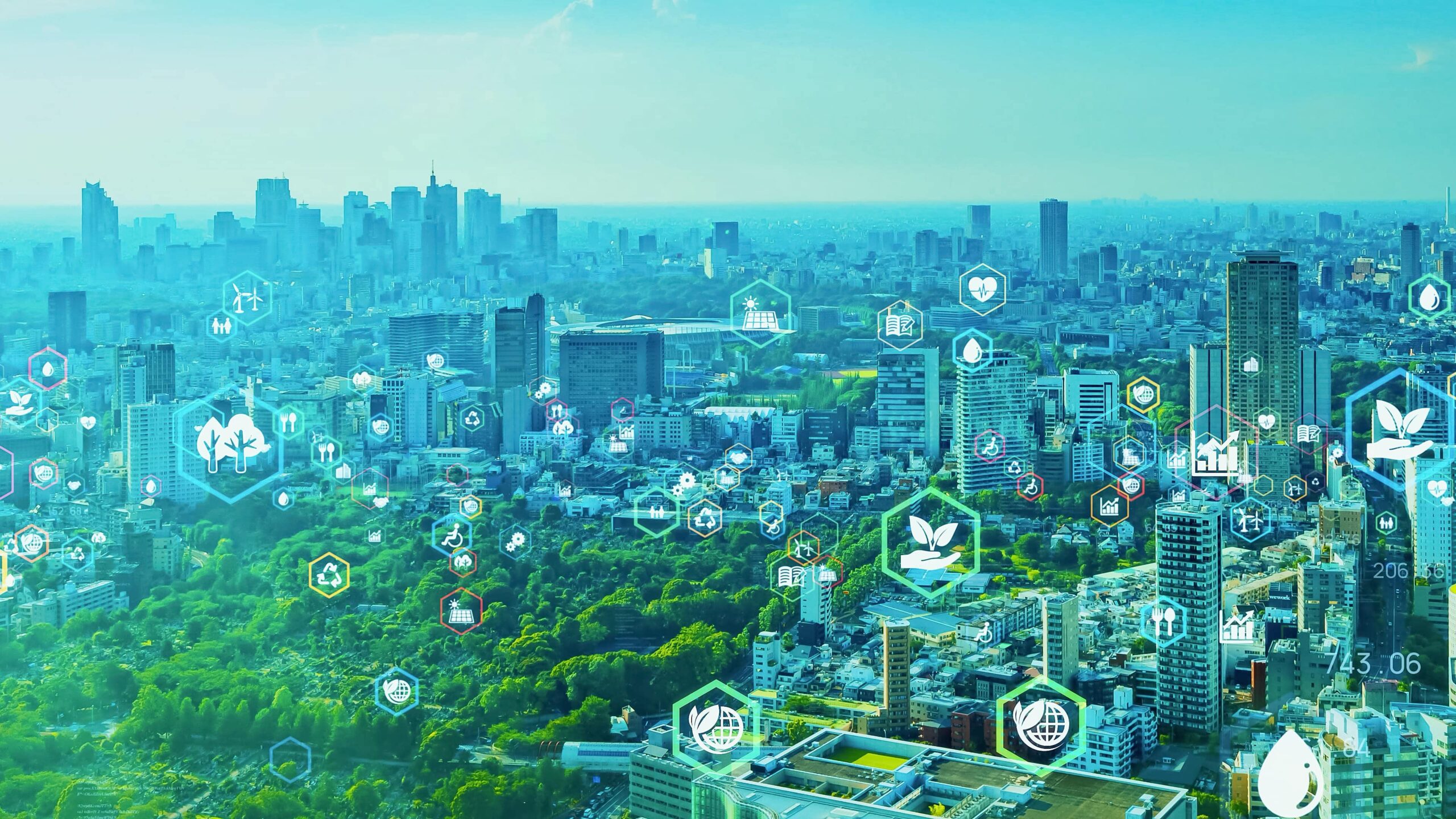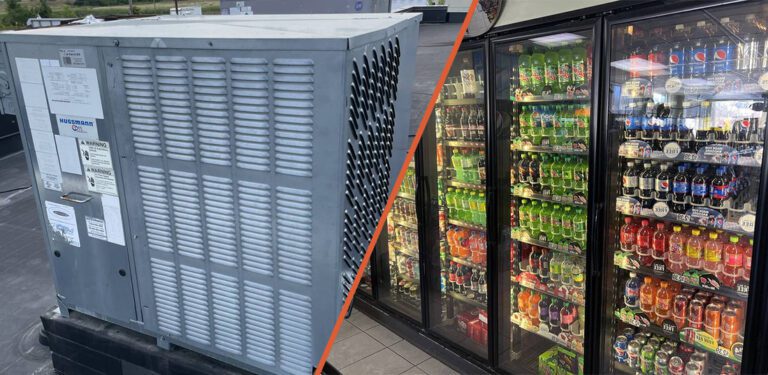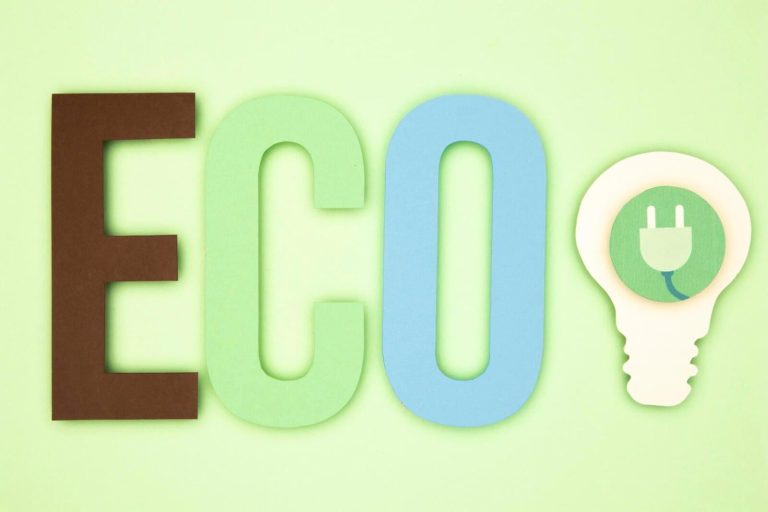Energy-efficient HVAC systems to achieve sustainability goals: 5 benefits and best practices

Heating, Ventilation, and Air Conditioning (HVAC) systems contribute to 50% of energy usage in commercial buildings, with an estimated 30% of this energy being wasted. That’s where sustainable and energy-efficient commercial HVAC comes in.
Sustainable HVAC systems are the smart, eco-friendly choice for modern businesses looking to cut costs and reduce their environmental footprint. Unlike traditional systems which are energy-intensive and inefficient, these solutions are designed with a deep commitment to energy efficiency, environmental responsibility, and occupant well-being. By leveraging energy-efficient technologies, advanced controls, and intelligent design, these systems optimize energy consumption. For instance, these systems can adjust themselves based on occupancy, scaling back in sparsely occupied spaces to reduce energy use.
From reducing carbon emissions to lowering utility bills, sustainable HVAC solutions offer a win-win scenario for both the environment and your bottom line. Embracing sustainability in HVAC enhances efficiency and creates a healthier indoor environment for commercial spaces. Building owners can improve existing HVAC systems by retrofitting, replacing, or repairing units and accessories, achieving sustainability goals through reduced energy consumption and lower bills.
This article delves into the importance of energy efficiency and explores how businesses can benefit from sustainable HVAC practices.
Benefits of sustainable, energy-efficient HVAC systems
1. Energy efficiency and cost reduction
Sustainable HVAC systems employ advanced technologies and energy-efficient components to maximize energy savings, significantly reducing consumption and reduced greenhouse gas emissions. According to the U.S. Department of Energy, upgrading heating and cooling equipment to higher efficiency options can cut energy use by 50%, depending on your region. The financial benefits align with broader sustainability goals by curbing overall energy consumption and reducing environmental impact. Choosing sustainable HVAC systems is a smart and eco-friendly investment.
Moreover, improving building energy efficiency also results in reduced energy costs. Although there are initial costs, owners reap continuous energy savings over an extended period after quickly recovering the initial investments. Energy efficiency measures can also decrease heating and cooling loads, leading to the need for smaller, more economical HVAC systems.
2. Healthier indoor environment with improved air quality
Sustainable HVAC systems prioritize creating healthier indoor environments through effective air filtration, humidity and temperature control, and thermal comfort features. These systems efficiently eliminate pollutants, regulate humidity levels, and ensure comfortable temperatures, fostering better occupant health and productivity. The comprehensive approach not only addresses the immediate need for thermal comfort but also reduces the risk of respiratory problems associated with poor indoor air quality. This emphasis on healthier indoor spaces adds a valuable dimension to the benefits of sustainable HVAC, making it a vital choice for those seeking not only climate control but also an environment that supports overall well-being.
3. Intelligent automation and control
Sustainable HVAC systems frequently utilize advanced sensors and controls with automation technologies to optimize energy usage based on factors like occupancy and weather conditions. This intelligent energy management of HVAC operations minimizes energy waste.
4. Achieving long-term sustainability goals
Sustainable HVAC systems offer long-lasting benefits for buildings. Investing in sustainable HVAC solutions provides efficient and eco-friendly temperature control. By reducing energy consumption and carbon emissions, these systems play a crucial role in fighting climate change for a greener future.
5. Compliance with regulations
With governments and regulatory bodies imposing stricter energy efficiency standards, compliance is crucial. Sustainable HVAC systems help businesses meet these regulations, safeguarding them from penalties and delays.
Sustainability and HVAC – best practices
1. Ensure regular maintenance and service
Regular HVAC maintenance is crucial for optimal system performance, just like tuning up a vehicle. By retrofitting existing equipment to be more efficient, you can prevent energy wastage and potential damage. Think of it as changing the oil in your car – HVAC systems also need regular maintenance to catch issues early on, minimizing long-term problems such as costly breakdowns, unexpected downtime, and disruptive shutdowns.
2. Upgrade to energy-efficient HVAC system
As HVAC systems age, they become less efficient and require more maintenance. Eventually, you may have no choice but to replace your entire system. Upgrade to high-efficiency HVAC equipment for improved efficiency, cost savings, and environmental sustainability. With AI-powered sensors and controls, you can save up to 30% on heating and cooling costs over the life of your building without investing much.
3. Replace dirty, clogged filters and ducts
Dirty and clogged HVAC filters reduce efficiency and increase energy consumption. Neglecting filter changes can lead to maintenance and emergency HVAC repair costs. The solution is to change furnace and air conditioning filters every three months. It’s a quick and easy task that can save you a significant amount of money in the long run. If you observe elevated energy use and inadequate HVAC performance, poorly sealed ducts might be the cause. Leaky ducts cause air to escape before reaching its intended rooms, forcing the system to work harder. Partnering with an HVAC management service provider will help address these issues like air duct cleaning and more promptly, ensuring optimal system functionality and preventing unnecessary expenses – all while achieving sustainability goals.
4. Track and monitor consumption
Keeping tabs on your building’s energy consumption records is highly recommended. By closely monitoring consumption, you can catch potential issues early and take necessary repair steps.
For example, unnoticed air leaks in your ducts can go undetected as the rooms stay comfortable. However, tracking energy consumption reveals increased heating and cooling usage compared to previous months, indicating a problem. This insight allows you to proactively address the issue and optimize your building’s efficiency.
5. Get AI-powered sensors for control and automation
Smart thermostats and building automation technologies offer precise control over HVAC systems. These systems use AI-powered sensors, analytics, and internet connectivity to optimize energy usage.
- Smart thermostats learn occupant behavior and automatically adjust temperature settings to reduce wasted energy.
- Building automation enables facility managers to remotely monitor and control HVAC systems, improving operational efficiency.
- Advanced data analytics provide insights into energy usage patterns for informed decision-making and further energy optimization.
With these automated solutions, businesses can minimize wastage and reduce their carbon footprint.
Achieve your building’s sustainability goals with Monaire’s energy-efficient HVAC solutions
Demand for cooling and heating has surged due to global warming, resulting in unsustainable levels of energy usage, emissions, operational expenses, and breakdowns. If left unchecked, small commercial HVAC systems are projected to generate 7.5 gigatons of CO2 by 2050. At Monaire, our mission is to reverse this trend and accelerate the world’s transition to sustainable, eco-friendly, efficient, and cost-effective heating and cooling systems.
By continuously tracking equipment performance and detecting inefficiencies, our AI-powered sensors and thermostats help businesses optimize their HVAC systems and minimize energy use. Our advanced technology even detects problems before they lead to failure, such as dirty filters and clogged ducts. When it comes to upgrading to more energy efficient equipment, Monaire uses system performance data to ensure that businesses make informed decisions.
These practices not only reduce energy consumption and operational expenses, but also lead to significant cost savings, improved profitability, and a healthier indoor environment. Prioritizing sustainability enhances brand reputation, attracting environmentally conscious customers, partners, and employees. By embracing these solutions, businesses align themselves with global environmental goals, boost financial performance, and foster a positive work environment. With the emergence of new HVAC regulations, facility managers are now more than ever exploring equipment upgrades to meet efficiency standards.
Partner with us to save energy, cut waste, and prevent refrigerant leaks, significantly lowering your carbon footprint for even bigger savings. Together, let’s fight climate change!


